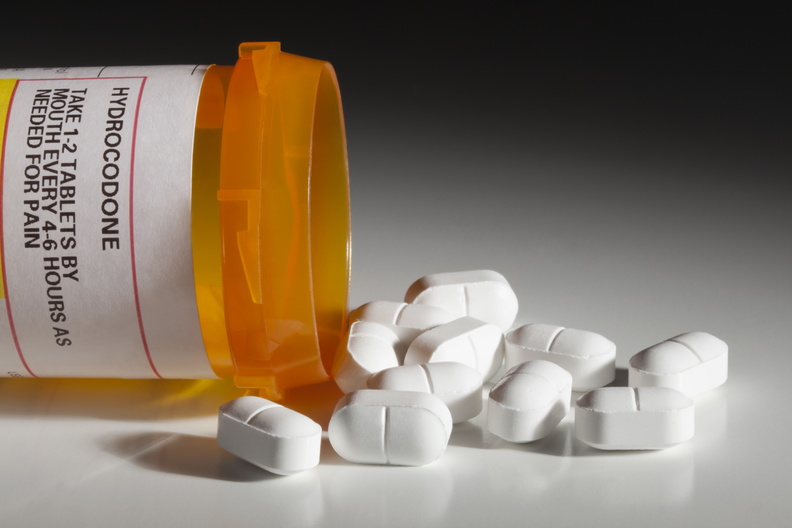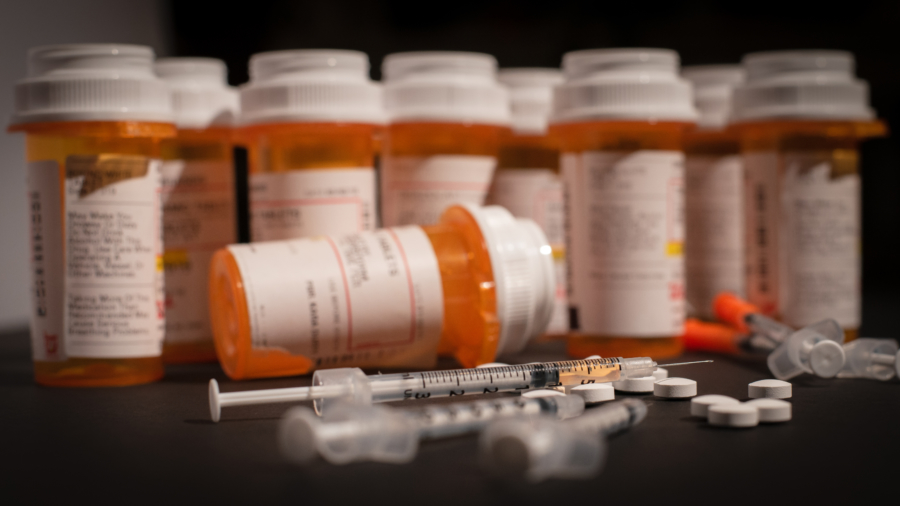You’ve probably heard in the news about the “Opioid Epidemic” which, according to The U.S. Department for Health and Human Services (HHS), takes 130 lives or more per day, every day. Opioids are analgesic drugs used to treat pain and manage chronic pain conditions. They work by suppressing the nervous system in order to reduce pain sensation.
Opioids are incredibly effective, yet unfortunately, highly addictive. Many also have psychoactive properties and are sometimes referred to as Narcotics. Because of this, in addition to claiming the lives of tens of thousands of users each year, they are also linked to a number of serious and potentially life-threatening complications.
Opioid medications belong to two categories, either immediate release (IR) or extended-release (ER). There are many pharmaceutical companies that manufacture these drugs. Opioid medications include morphine, methadone, buprenorphine, hydrocodone, fentanyl, and oxycodone. You may recognize some of the brand names including OxyContin, Percocet, Vicodin, Percodan, Tylox, and Demerol.
Some of the side-effects associated with opioid use are relatively minor and include dizziness, constipation, nausea, and vomiting. However, some more serious complications can occur including chemical dependence, respiratory issues, heart complications, and death.
In response to the increase in serious complications from Opioid use and dependence, the Food and Drug Administration has made efforts in a number of areas in order to combat the growing threat. These strategies include steps to decrease exposure and prevent new addiction, increase awareness of support resources for those suffering from Opioid disorders, foster the development of new forms of treatment for pain sufferers and enforce proper use of the drugs to reduce long-term use and abuse. While the efforts of the FDA are commendable, they come too late for many who have already reaped the ravages of opioid use, dependency, and withdrawal.
In 2018, the City of Reno filed a complaint against Purdue Pharma and others claiming that the abuse of opioids had become a widespread problem in Nevada. The case filing claims that the defendants used deceptive marketing practices that minimize the long term risks and played up its beneficial properties.
In a press release, the mayor of Reno, Hillary Scheive stated, “This public nuisance has taken lives and destroyed families. The astonishing rates of prescription opioid abuse coupled with the failure of these companies to fulfill their gate-keeping duties has caused harm to and continues to harm this entire community. This must stop.”
In January of this year, a suit was filed against Purdue Pharma, the manufacturer of OxyContin, by Massachusetts Attorney General Maura Healey. Similar to the previous case, this suit claims that the pharmaceutical company made light of the highly addictive nature of Oxycontin and used sales tactics meant to encourage doctors to prescribe the drug in high doses for long durations despite the drugs potentially addictive properties. It also reveals Purdue’s plan to market addiction treatments in an effort to dominate markets for both the problem and the solution.
If that weren’t disturbing enough, what’s more troubling about this case is that Purdue Pharma was already found guilty of deceptive practices back in 2007 and was ordered by a judge to pay $600 million in damages. In addition, a previously sealed deposition came to light in 2015 that indicated that Purdue Pharma knew well before the 2007 hearing, how dangerous their product was.
This suit is just one of thousands of complaints that have been filed against various pharmaceutical companies by plaintiffs around the United States. Some of these suits have been combined into a multi-district litigation in federal court in Ohio. More than 1,500 cities, counties, hospitals, tribes and legal teams representing infants across America have filed suits and the numbers are still climbing.
Daniel Polster, a U.S. District Court Judge in Ohio, working on the MDL mentioned above, claimed that it was his goal to end the epidemic with a national settlement by the end of 2018, but as the number of plaintiffs continued to rise, it became clear that a resolution might take longer than he’d hoped.
And the amount of plaintiffs isn’t the only side increasing in number, the list of defendants growing as well and now includes a number of individual doctors as well as large pharmacy vendors such as Walgreens, CVS, Rite Aid, and Walmart.
Another point worth noting, that rarely gets mentioned in the stories covering these lawsuits are the number of patients suffering from excruciating pain from legitimate conditions and medical treatments (i.e., cancer treatment and others). These people, who legitimately need pain medication for a predetermined amount of time, are now finding it difficult, and sometimes impossible, to gain access to these medications that are desperately needed.
More must be done to prevent the abuse of these medications by patients and yet still supply them to those who truly need them. In addition, these seemingly untouchable pharmaceutical giants and their co-conspirators need to be held accountable for the gross negligence and mass deception used to grow their bank accounts that have created the epidemic we are dealing with today.
Furthermore, we are left with the question of whether or not pharmaceutical giants like Purdue Pharma, who don’t appear to be deterred by legal interference, can actually be stopped. Their legal troubles span almost two decades and see the same claims of deceptive marketing practices and gross negligence repeated over and over again. Should we continue to encourage class-action settlements or should we be pursuing criminal charges and incarceration? Can a company with such deep pockets circumvent the judicial system forever? The answer to that remains to be seen.
References:
City of Reno v. Purdue Pharma L.P., et al, CV 18-01895 (NV Dist. Ct. 2018)
Commonwealth of Massachusetts v. Purdue Pharma L.P., et al, C.A. No. 1884-cv 01808 (MA Sup. Ct. 2019)
MDL 2804, 1:17-MD-2804 (OH Dist. Ct. 2017) Retrieved from https://www.ohnd.uscourts.gov/mdl-2804

Katie Terrell Hanna
Katie Terrell Hanna is a professional freelance writer and consultant. She developed an interest in litigation journalism after an internship at the Office of State Attorney in the 15th Judicial Circuit of Palm Beach County, Florida. She is also a graduate of the Center for Pre-Law/Law Related Careers at the Gerald A. Williams Center for Pre-Law in West Palm Beach, Florida and was inducted into the Law Honor Society of her graduating class.

Get A Free Opioid Case Review
Did you or a loved one suffer from Opioid addiction after receiving an opioid prescription for pain from a doctor?


